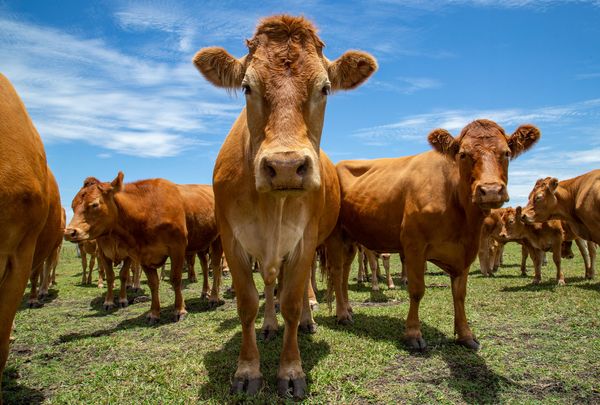
Prime Minister Anthony Albanese has doused expectations that next week’s summit will be the watershed moment for labour and skills shortages in Australia, but pressure is mounting here and abroad to make haste on gaping holes.
Australia is down more than half a million skilled foreign workers post- v pre-pandemic, with NSW alone projected to be short 304,000 employees by 2025-26 if it’s business as usual at the border. The view from Down Under is not good, so Crikey went in search of greener pastures across the ditch in New Zealand — only to find our Kiwi counterparts are also in a spot of bother.
The country’s unemployment is at a near-record low of 3.3%, but as policy director and economist for the New Zealand Council of Trade Unions Craig Renney told Crikey, this figure doesn’t speak to underemployment or employer demand.
“Functionally we have low unemployment, but employers are telling us on a daily basis that they’re having enormous challenges recruiting and accessing skills,” he said. “They keep telling us there’s not enough talent. There are still some 19,000 people who want more work. That’s about the same size as the population of Wellington city.”
How is New Zealand tackling the labour shortage?
In terms of announceables, NZ has doubled its working holiday intake and offered a fast-tracked path to permanency for 310,000 temporary migrant workers. No such enticement was extended to Pacific workers on the Recognised Seasonal Employer (RSE) scheme, although 2000 more positions were added to the program.
NZ demographic and economic expert from Massey University Professor Paul Spoonley said that the country’s overreliance on “labour trained elsewhere” has been the root cause of poor productivity and low retention.
“A lot of employers rely on cheap migrant labour. Not cheap in the sense of low wages but cheap in the sense that someone else has invested in their educational training,” he said.
Migrants are often better skilled than the NZ labour force but they’re not Kiwi-fit, lacking local links, lingo, and know-how. That leaves employers underwhelmed and employees unsatisfied.
“There’s a real paradox here,” Spoonley said. “Employers often complain that migrants are not job-ready but there’s little acknowledgement that an employer actually needs to make a contribution to ready them for the New Zealand workforce.”
A lot of people come to NZ but, historically, many more leave. Renney puts it down to the nation’s attractive-from-afar appearance. Wages are good, lifestyle looks great and the landscapes are glorious, but once boots are on the ground the cost-of-living reality hits home.
“There’s a really enviable package here of clean, green New Zealand, but that image hides a lot of problems — you get here and you realise just how expensive everything is,” said Renney, recalling how he “almost cried” when he first went to a Kiwi supermarket 10 years prior.
Australia v New Zealand
Compare the pair: taxes and wages in NZ are lower than Australia while cost-of-living is comparatively higher, so the money left in the Australian hip pocket is more. Problem solved? No. When Australia does well, NZ does better. “As Australian economies get hot, so too do labour markets in New Zealand,” said Renney.
The competitive symbiosis of the two labour markets only complicates cross-Tasman career courtship. “In New Zealand, we keep saying ‘Let’s get some good keen Aussies’, but they want to hire some good keen Kiwis, so it doesn’t really work. We’re all in the same boat,” said William Morrison, a sheep and beef farm operator on New Zealand’s North Island who’s currently understaffed and overstretched.
“I said to my wife a few months ago ‘Thank goodness we have stable staff’.” But that changed overnight, he said. “I’m two staff down and haven’t had a day off in four months.”
If only it was a simple matter of printing more humans (NZ Reserve Bank Governor Adrian Orr quite literally ruled this out), or wrong skills in the wrong place. There was some effort made during the pandemic to redistribute and retrain grounded industries. Airline pilots were deployed from the cockpit to the tractor cab, but “success” stories such as these were outliers.
As in most high-income countries, labour shortages in NZ predate the pandemic. Renney says the country risks cementing a “less resilient economy” if it does not address underlying structural issues of productivity, pollution, and poverty.
“We need to look through the current challenges and say, yes, wages will go up a bit, but if we simply go back to where we were, we’re buying all the problems we had before.”







